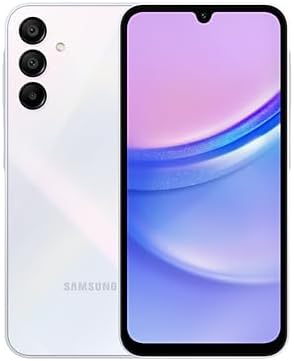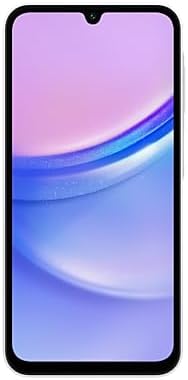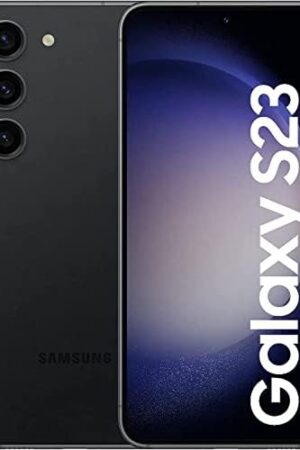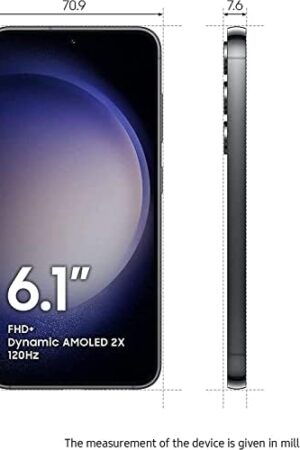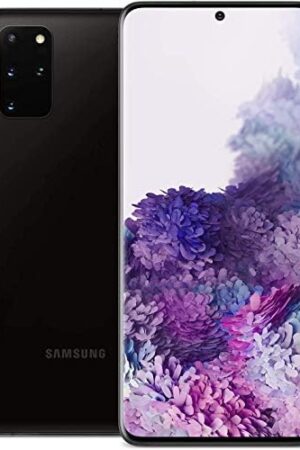Fast charging is a technology that allows you to charge your phone’s battery more quickly than standard charging. It does this by increasing the amount of power that is delivered to the battery.
There are two main types of fast charging:
- Wired fast charging: This type of fast charging uses a cable to connect your phone to a power source. Wired fast charging can deliver up to 100 watts of power, which can charge your phone from 0% to 100% in about 30 minutes.
- Wireless fast charging: This type of fast charging uses a wireless charging pad to charge your phone. Wireless fast charging can deliver up to 15 watts of power, which can charge your phone from 0% to 100% in about 2 hours.
Benefits of fast charging:
- Saves time: Fast charging can save you a lot of time, especially if you are in a hurry.
- More convenient: Fast charging is more convenient than standard charging because you don’t have to wait as long for your phone to charge.
- Can extend battery life: Fast charging can actually extend the battery life of your phone by reducing the number of times you need to charge it.
Drawbacks of fast charging:
- Can generate heat: Fast charging can generate heat, which can damage your phone’s battery if it is not properly managed.
- Can shorten battery life: If you use fast charging all the time, it can shorten the battery life of your phone.
- Not all phones support fast charging: Not all phones support fast charging, so you need to make sure that your phone supports it before you use a fast charger.
Overall, fast charging is a great technology that can save you time and make your life more convenient. However, it is important to use it wisely to avoid damaging your phone’s battery.

